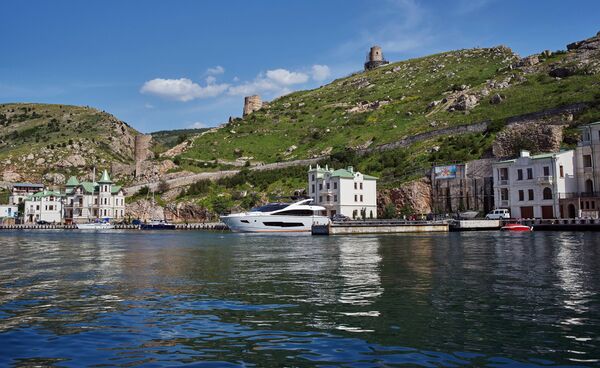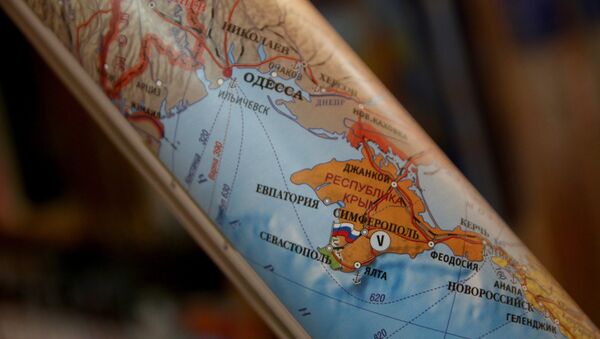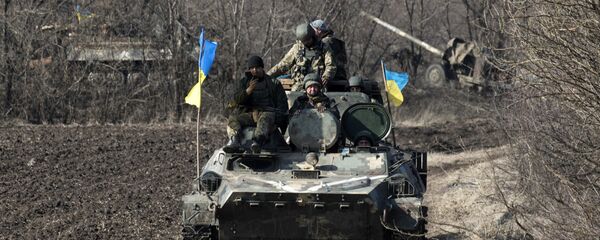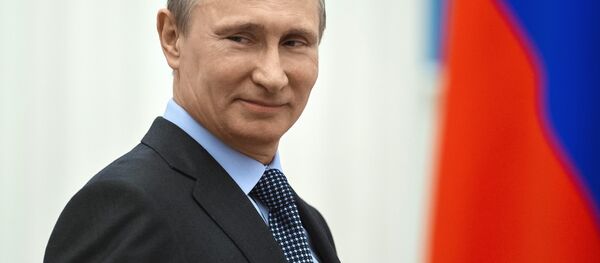The petition, which appeared on President Petro Poroshenko's official website on Tuesday, asks him to green light the excavation of a grand new canal between Crimea and Ukraine, effectively turning the peninsula into an island.
Ivan Andrievsky, first vice-president of the Russian Union of Engineers, said that the construction of such a canal is possible, but not for Ukraine.
"If such a project was implemented by an economically developed state, it would take it about four years to complete the project. As for Ukraine, it has neither for money nor the relevant excavation technology," Andriyevsky said.
"I think that all this is [nothing but] empty talk and it cannot be called a project as such. But all this looks terrible because Poroshenko wants to complicate the life of Ukrainian citizens who have relatives in Crimea and want to travel to the peninsula," Andrievsky said.
He was echoed by Oleg Skvortsov, head of the Russian Association of Road Design and Research Organizations RODOS, who also questioned Ukraine's ability to implement such a project.

"Our modern technical capabilities enable us to to fulfill any task but the question is why one should fulfill this particular project," Skvortsov sauid.
"Before making any decisions, the normal leaders of a normal state address the economic feasibility of such projects, which are by no means cheap. Given the current economic situation in Ukraine, Kiev is unlikely to implement this project. Let them daydream," he added.
Even if Kiev decided to deal with this project, it would have to take into account at least two factors, according to Skvortsov.
"These include the qualification of the builders themselves and the qualification of the managers," he said, adding that "such projects stipulate multifaceted activities."
"In previous times, Ukraine had all the necessary resources for this; it was in second place in terms of technical potential after Russia. But now it is difficult to say what Ukraine is capable of doing," Skvortsov concluded.
Crimea broke off from Ukraine and rejoined Russia in March 2014, following the Maidan coup in Kiev in February of that year.
Amid voter turnout of over 80 percent, more than 95 percent of Crimea's residents voted in favor of rejoining Russia, almost 60 years after it was first handed over to the Ukrainian Soviet Socialist Republic by Nikita Khrushchev in 1954.




